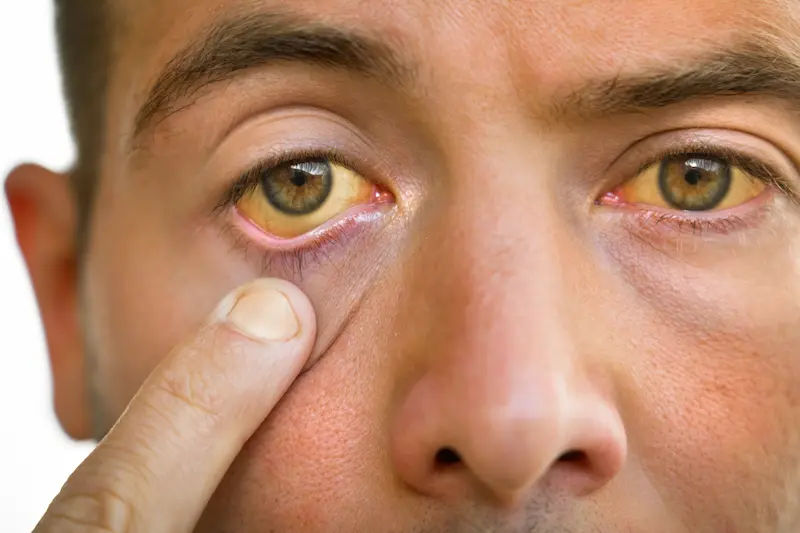Jaundice Overview: Signs, Causes, Diagnosis, Treatment
Jaundice causes yellowing of the skin and eyes due to high bilirubin levels. Learn about its signs, causes, diagnosis, treatment options, and lifestyle tips for better liver health.

Written by Dr. Dhankecha Mayank Dineshbhai
Reviewed by Dr. Rohinipriyanka Pondugula MBBS
Last updated on 13th Jan, 2026
%20(1).jpg?tr=q-80,f-webp,w-350,dpr-2,c-at_max 700w)
Jaundice is a common condition that causes the skin, eyes, and mucous membranes to turn yellow due to high levels of bilirubin in the blood. While it is often seen in newborns, adults can also develop jaundice due to various underlying health issues. Understanding the signs, causes, and treatment options can help you manage the condition effectively.
What is Jaundice?
Jaundice occurs when there is too much bilirubin—a yellow pigment produced during the normal breakdown of red blood cells—in the bloodstream. Normally, the liver processes bilirubin and excretes it through bile into the digestive system. However, if the liver is not functioning properly or if there is a blockage in the bile ducts, bilirubin builds up, leading to jaundice.
Signs and Symptoms of Jaundice
The most noticeable symptom of jaundice is the yellowing of:
- The skin
- The whites of the eyes (sclera)
- The mucous membranes (inside the mouth)
- Other symptoms may include:
- Dark-colored urine
- Pale or clay-colored stools
- Fatigue and weakness
- Itchy skin
- Abdominal pain or swelling
- Fever (in some cases)
If you or a loved one experiences these symptoms, it’s important to consult a doctor for proper diagnosis and treatment.
Common Causes of Jaundice
Jaundice is not a disease itself but a sign of an underlying problem. The causes can be grouped into three main categories:
1. Pre-Hepatic (Before the Liver)
Excessive breakdown of red blood cells (hemolysis): Conditions like sickle cell anemia, malaria, or thalassemia can cause rapid destruction of red blood cells, overwhelming the liver’s ability to process bilirubin.
2. Hepatic (Liver-Related)
- Liver diseases: Hepatitis (A, B, C), cirrhosis, or liver damage due to alcohol or toxins can impair bilirubin processing.
- Gilbert’s syndrome: A harmless genetic condition that causes mild jaundice.
3. Post-Hepatic (After the Liver – Bile Duct Blockage)
- Gallstones or tumors: These can block bile ducts, preventing bilirubin from being excreted.
- Pancreatic cancer or inflammation: Can compress the bile duct, leading to jaundice.
Diagnosis of Jaundice
If you suspect jaundice, your doctor may recommend the following tests:
1. Blood Tests:
- Bilirubin levels (total, direct, and indirect)
- Liver function tests (LFTs) to check liver enzymes
- Complete blood count (CBC) to detect anemia or infections
- Hepatitis virus screening
2. Imaging Tests:
- Ultrasound to check for gallstones or liver abnormalities
- CT or MRI scan for detailed imaging of the liver and bile ducts
- Endoscopic Retrograde Cholangiopancreatography (ERCP) if a bile duct blockage is suspected
3. Liver Biopsy (in rare cases): To examine liver tissue for damage.
Treatment Options for Jaundice
The treatment depends on the underlying cause:
1. Newborn Jaundice
- Phototherapy: Special blue light helps break down bilirubin in the baby’s skin.
- Increased feeding: Helps flush out bilirubin through stool.
- Exchange transfusion (in severe cases): Replaces the baby’s blood with donor blood.
2. Adult Jaundice
- Hepatitis treatment: Antiviral medications for viral hepatitis.
- Gallstone removal: Surgery or medication to dissolve stones.
- Liver disease management: Lifestyle changes, medications, or liver transplant in severe cases.
- Alcohol cessation: If liver damage is due to alcohol abuse.
Lifestyle and Dietary Tips for Managing Jaundice
To support liver health and recovery:
- Stay Hydrated: Drink plenty of water to help flush out toxins.
Eat a Balanced Diet:
- Include fresh fruits, vegetables, and whole grains.
- Avoid fatty, fried, or processed foods.
- Consume lean proteins like fish and chicken.
- Limit Alcohol: Alcohol worsens liver damage.
- Exercise Regularly: Helps maintain a healthy weight and liver function.
- Avoid Unnecessary Medications: Some drugs (like acetaminophen in excess) can harm the liver.
When to See a Doctor?
Seek immediate medical attention if you experience:
- Severe abdominal pain
- High fever with jaundice
- Confusion or drowsiness
- Persistent vomiting
- Early diagnosis and treatment can prevent complications like liver failure or infections.
How Apollo 24|7 Can Help
If you or a loved one is experiencing symptoms of jaundice, Apollo 24|7 offers:
- Expert consultations with hepatologists and gastroenterologists
- Comprehensive diagnostic tests (blood tests, ultrasound, CT scans)
- Personalized treatment plans
- You can easily book a consultation or schedule a test through the Apollo 24|7 app or website.
Final Thoughts
Jaundice is a sign that your body needs attention. While mild cases may resolve on their own, persistent or severe jaundice requires medical evaluation. By understanding the causes, symptoms, and treatment options, you can take proactive steps toward better liver health.
If you have concerns about jaundice, don’t hesitate to reach out to a healthcare professional. Book a consultation today with Apollo 24|7 for expert care!
Consult a Specialist for Personalised Advice
Consult a Specialist for Personalised Advice

Dr. Chethan T L
General Physician/ Internal Medicine Specialist
5 Years • MBBS, MD, DNB (General Medicine)
Bengaluru
Apollo Medical Center, Marathahalli, Bengaluru

Dr. Nikhil Patil
Gastroenterology/gi Medicine Specialist
10 Years • MBBS
Bengaluru
Apollo Medical Center, Marathahalli, Bengaluru

Dr Bhargav Vuppumalla
General Physician/ Internal Medicine Specialist
5 Years • MBBS MD GENERAL MEDICINE
Bengaluru
Apollo Medical Center, Marathahalli, Bengaluru

Dr. Jatin Yegurla
Gastroenterology/gi Medicine Specialist
11 Years • MD (PGI), DM (AIIMS Delhi), FAGIE (AIIMS Delhi), ESEGH (UK), Gold Medalist
Hyderabad
Apollo Hospitals Jubilee Hills, Hyderabad
(650+ Patients)
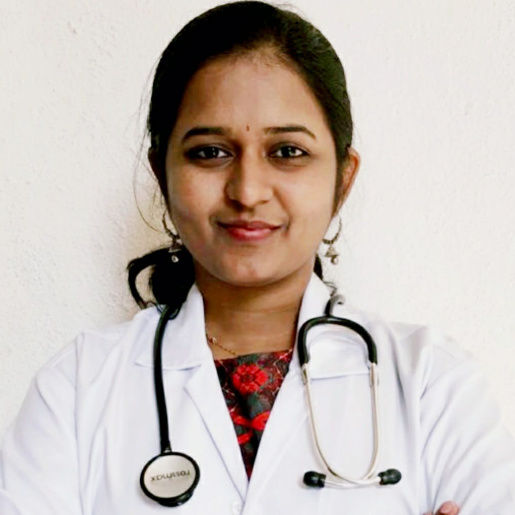
Dr Sravani Kuppam
General Physician/ Internal Medicine Specialist
12 Years • MBBS DNB General Medicine, CCDM (Diabetes)
Bengaluru
Apollo Medical Center, Marathahalli, Bengaluru
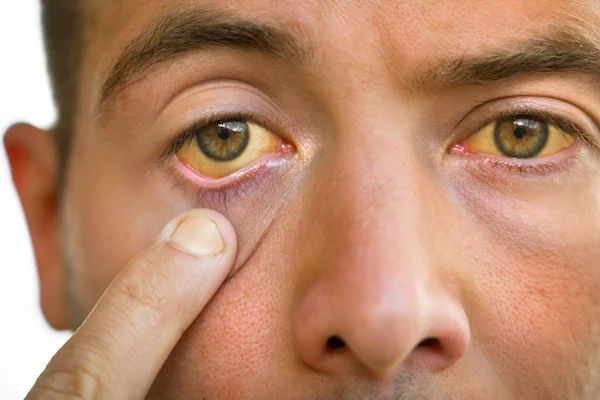
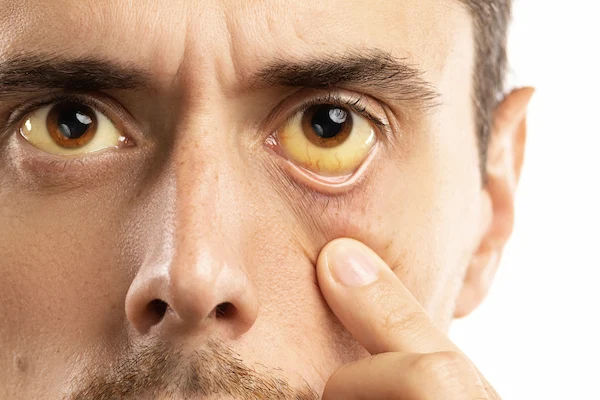
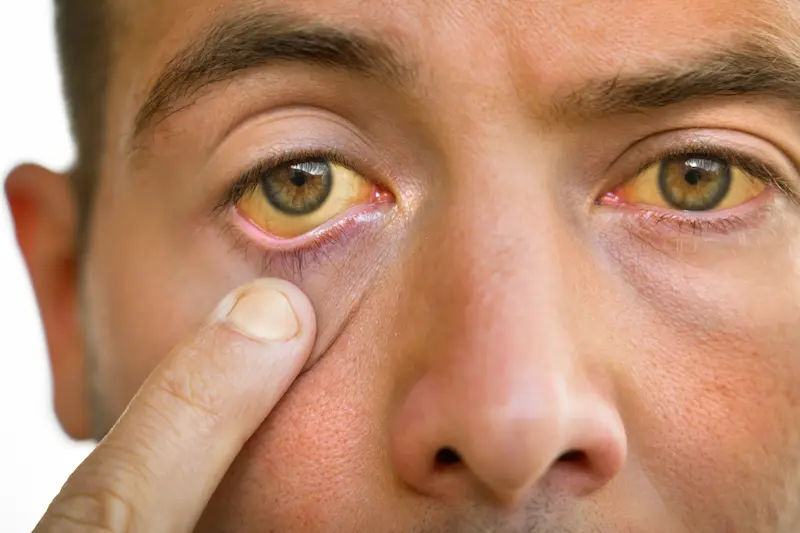
 (1).webp)
